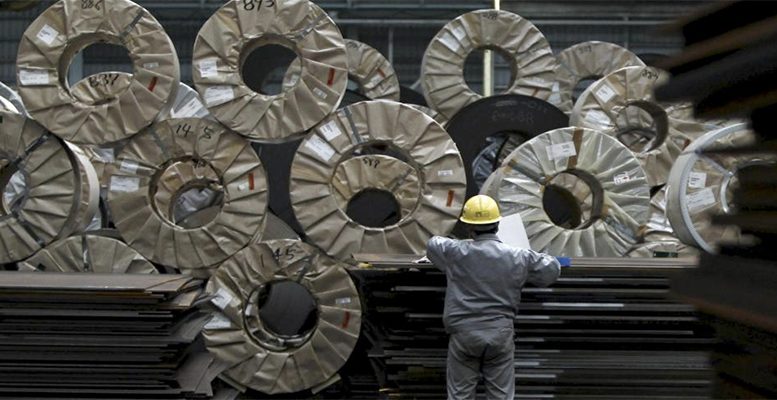In September, Spanish industry paid the most expensive energy price in Europe: 102.55 euros MW/h, compared to 43.83 euros in France and 69.19 euros in Germany, El Mundo reports.
These prices are an inevitable death sentence, for example, for the over 600 workers at Alcoa’s aluminium factory in San Ciprian (Lugo). They have been demonstrating for weeks, demanding a solution to the announced closure of the plant and a price per MW/h that allows them to continue their activity (bauxite and cheap electricity are the essential elements for aluminium production).
“If we do not act urgently, the employment future for workers in strategic industrial sectors will be threatened by the announcements of activity stoppages, relocation of production outside our country and the application of ERTEs and EREs, some of which are already taking place”, warns the Federation of Industry of UGT. The companies involved in these first production stoppages employ some 20,000 workers, according to El Mundo.
The electricity-intensive industry – metallurgy, iron and steel, cement, chemicals, ceramics… – has always complained about the high cost of energy compared to France or Germany, which made the products manufactured here less competitive. But now we are in “the perfect storm” of rising energy costs in electricity, gas, oil and CO2, explains Andrés Barceló, director general of the employers’ association, Unesid. Although the rise in prices is general, it affects the sector in Spain the most because of the government’s deficient energy policy, which is pushing prices up.
ArcelorMittal, which employs 8,000 people in Spain, is going to carry out “short and selective stoppages” in some plants in Europe, including the Olaberría and Bergara plants in Gipuzkoa. Sidenor has reported that the price of the electricity it pays has risen by 300% in the last year, which translates into a 25% increase in production costs. So the company has decided to stop production at its largest plant, in Basauri (Vizcaya), for twenty days until year-end. Sidenor employs 1,500 people in Spain.
The chemical company Fertiberia, which has around 1,400 workers on its books in Spain and Portugal, decided to shut down one of its plants, employing 148 people, during October. The company has told the unions that it has no plans for the time being for the workforce. Asturiana de Zinc, with 1,000 employees, began to reduce production a few hours a day at its plant in San Juan de Nieva (Asturias) at the end of September. Meanwhile, Ferroatlántica, which employs around 550 people, has closed one of its four furnaces in Boo de Guarnizo (Cantabria). Whatsmore, it is considering taking its production to France and Norway.





